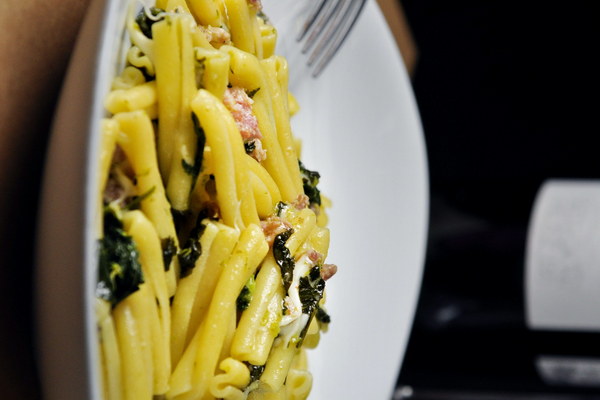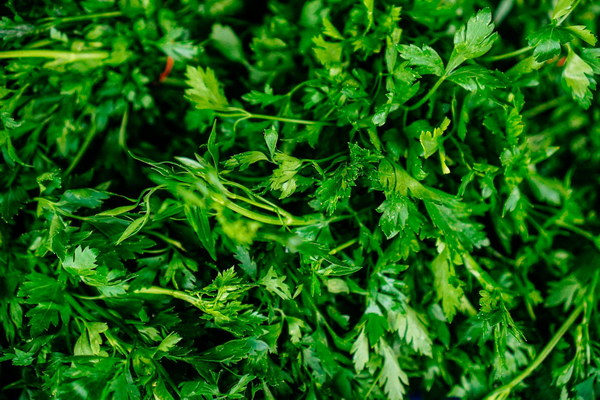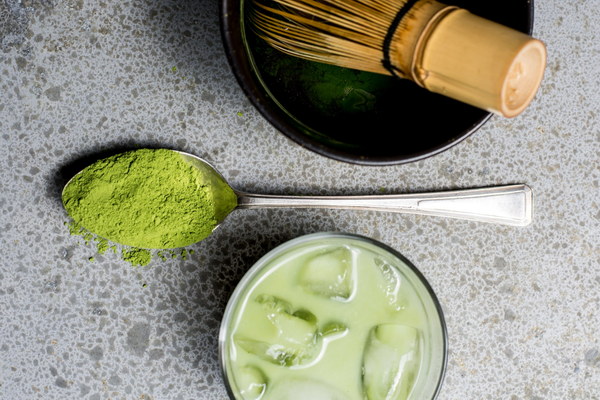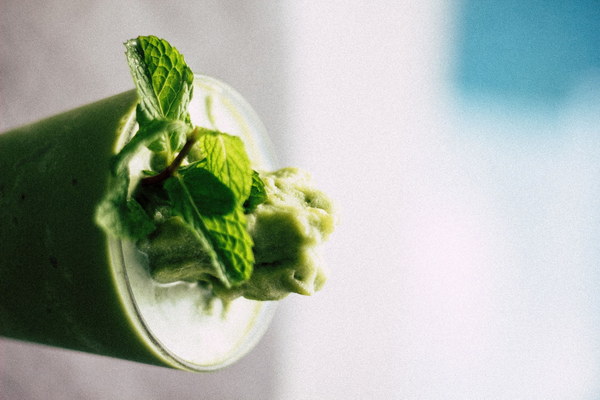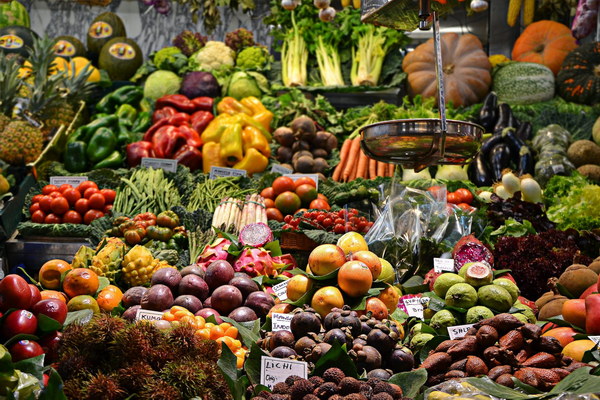Is Using Medicinal Diet a Legal Concern
In recent years, the popularity of medicinal diet has been skyrocketing. Many people are turning to this ancient practice to improve their health, boost their immune system, and even to treat certain conditions. However, with its growing popularity, questions have arisen regarding the legality of medicinal diet. Is using medicinal diet a legal concern? Let's delve into this topic and explore the various aspects involved.
First and foremost, it's important to understand what medicinal diet entails. Medicinal diet, also known as therapeutic diet or healing diet, is the practice of using certain foods and herbs to treat or prevent diseases. It has been used for centuries in various cultures, including traditional Chinese medicine, Ayurveda, and Native American healing practices.
In many countries, medicinal diet is not illegal, and in some cases, it is even encouraged by healthcare professionals. For instance, in China, traditional Chinese medicine, which includes medicinal diet, is widely recognized and practiced. Similarly, in India, Ayurveda, which also incorporates medicinal diet, is considered a legitimate form of healthcare.
However, the legality of medicinal diet varies depending on the country and the specific practices involved. In some countries, the use of certain herbs and foods for medicinal purposes is regulated, and practitioners must obtain licenses or certifications to prescribe or sell these products. In other countries, the use of medicinal diet is not illegal, but it is not recognized as a legitimate form of healthcare, either.
One of the primary concerns regarding the legality of medicinal diet is the potential for misuse and abuse. Some individuals may use medicinal diet as a substitute for conventional medical treatment, which can be dangerous and even fatal in some cases. For instance, individuals with serious medical conditions, such as cancer or heart disease, should not rely solely on medicinal diet for treatment.
Moreover, the quality and purity of medicinal herbs and foods are also important considerations. In some cases, these products may contain harmful contaminants or be adulterated with synthetic substances. This can pose serious health risks to consumers, especially those with pre-existing medical conditions.
In response to these concerns, some countries have implemented regulations to ensure the safety and efficacy of medicinal herbs and foods. For instance, the United States has the Dietary Supplement Health and Education Act (DSHEA), which regulates dietary supplements, including those used in medicinal diet. The European Union also has regulations in place to ensure the quality and safety of medicinal plants and herbs.

Despite these regulations, there are still challenges associated with the legality of medicinal diet. One challenge is the difficulty in proving the efficacy of certain herbs and foods for treating specific conditions. This makes it challenging for healthcare professionals to recommend medicinal diet as a complementary or alternative treatment option.
Another challenge is the potential for conflicts of interest among healthcare providers. Some practitioners may promote medicinal diet for financial gain, leading to a lack of transparency and objectivity in their recommendations.
In conclusion, the legality of using medicinal diet varies depending on the country and the specific practices involved. While medicinal diet is not illegal in many countries, it is important to be cautious and consult with healthcare professionals before relying solely on this form of treatment. By ensuring the safety, efficacy, and ethical practices of medicinal diet, we can harness its potential to improve our health and well-being without compromising our legal rights.


